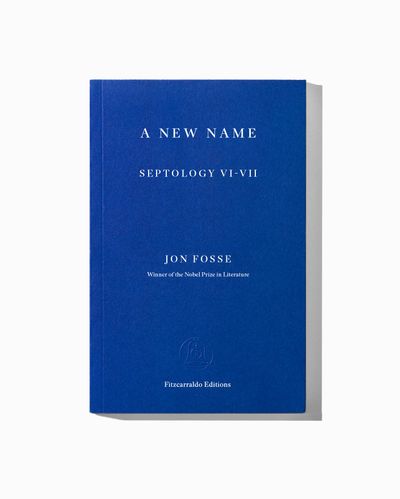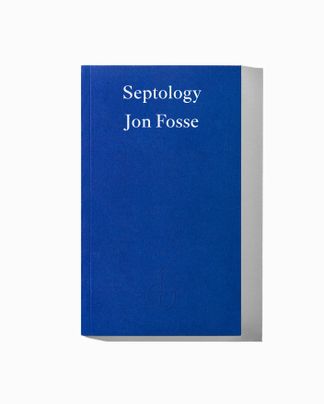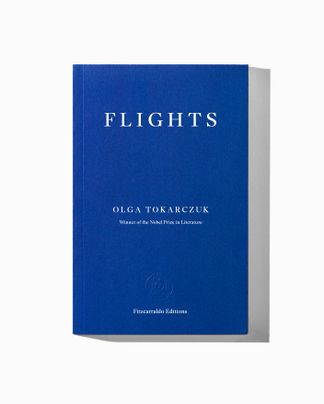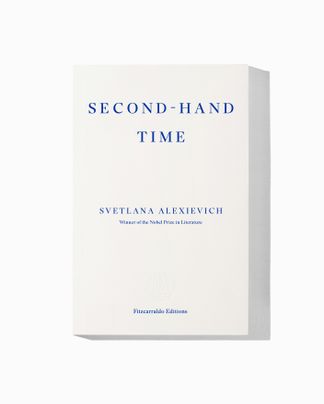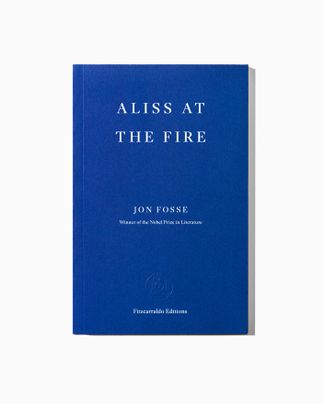Winner of the 2023 Nobel Prize in Literature
Asle is an ageing painter and widower who lives alone on the southwest coast of Norway. In nearby Bjørgvin another Asle, also a painter, is lying in the hospital, consumed by alcoholism. Asle and Asle are doppelgängers – two versions of the same person, two versions of the same life, both grappling with existential questions.
In this final instalment of Jon Fosse’s Septology, the major prose work by ‘the Beckett of the twenty-first century’ (Le Monde), we follow the lives of the two Asles as younger adults in flashbacks: the narrator meets his lifelong love, Ales; joins the Catholic Church; and makes a living by trying to paint away all the pictures stuck in his mind. A New Name: Septology VI-VII is a transcendent exploration of the human condition, and a radically other reading experience – incantatory, hypnotic, and utterly unique.

